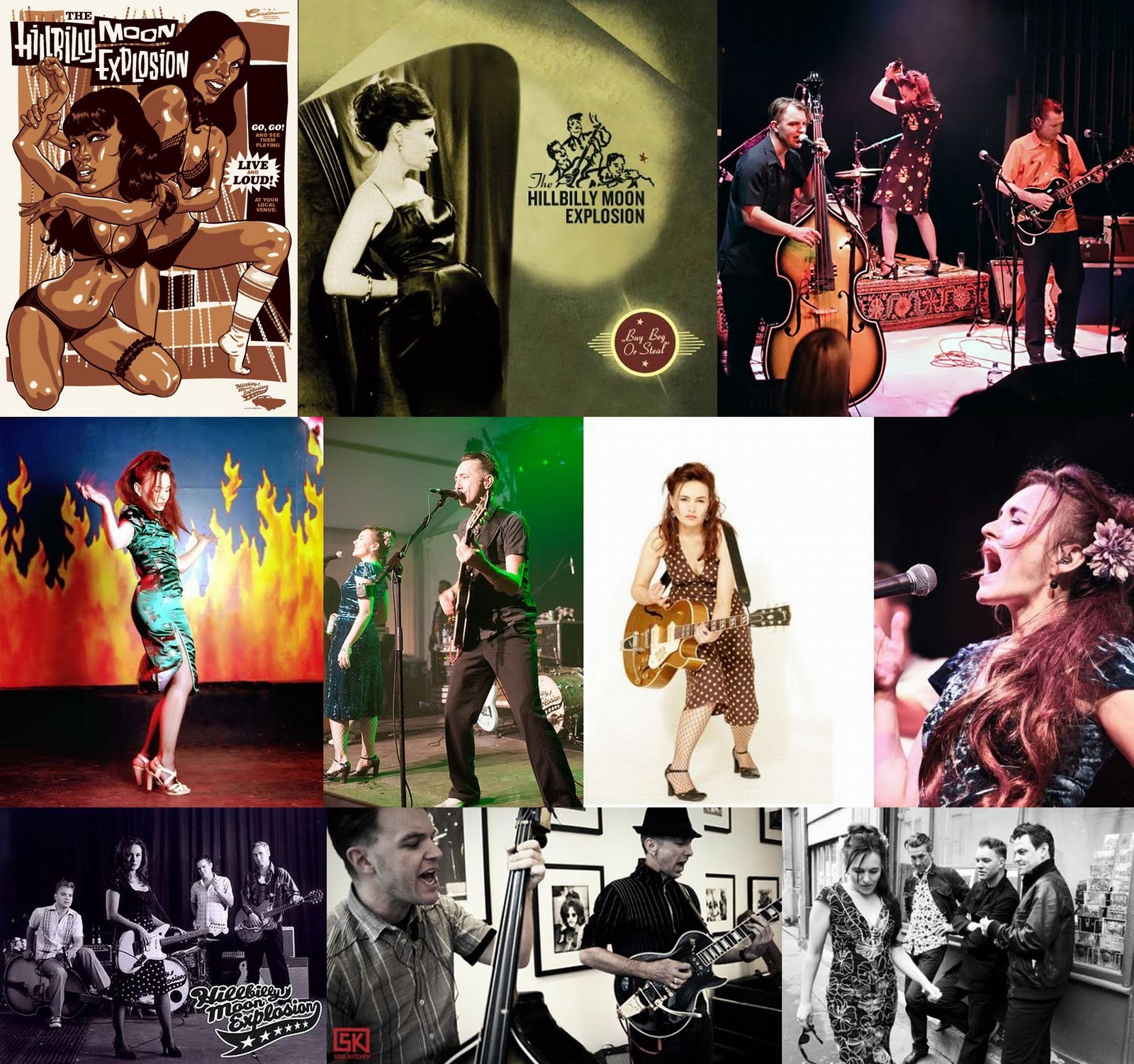


"A committee was formed that included representatives from the counties through which the highway would pass, as well as others. "The original idea was for the highway to run from Bald Knob to the Missouri state line north of Corning," Merckx writes. In 2009, the Legislature named the highway in an attempt to honor musicians who once performed at clubs along the road, particularly in Jackson, Lawrence, Randolph and Clay counties.Īrkansas music historian Keith Merckx notes that Pocahontas musician Gary Gazaway came up with the idea of naming the road in 2005. Highway 67 in Arkansas as Rock 'n' Roll Highway 67 when it would be more appropriate to call it Rockabilly Highway 67. An example is the designation of parts of U.S. Sensitivity to the term carried into the 21st century. One can argue that hillbilly and Arkansas have been synonymous ever since." Although the subjects of the Journal piece were residents of the Alabama hills, the first scholarly use of the term appeared four years later in a study of Arkansas Ozarks dialect.

"The term was likely in common use, however, in the rural South by the late 19th century. Referring to poor, uneducated whites, generally in the Appalachians or Ozarks but not always confined to these two Southern highland regions, the hillbilly made his literary debut only in 1900 in the pages of the New York Journal. "But throughout much of the 20th century, hillbilly conjured a character whose geographic origins were more narrowly defined.
THEY CALLED IT THE HILLBILLY ROCK CRACKER
"In modern American popular culture, the term hillbilly is often used interchangeably with other epithets for poor white people such as redneck, cracker or white trash," Blevins writes. Wrapped up with the condescension in people's common view of the hillbilly is a trace of admiration for what they perceive as his independent spirit and his disregard for the trappings of modern society."īoth condescension and admiration. "Whether a barefoot, rifle-toting, moonshine-swigging, bearded man staring out from beneath a floppy felt hat or a toothless granny in homespun sitting at a spinning wheel and peering suspiciously at strangers from the front porch of a dilapidated mountain cabin, the hillbilly, in all his manifestations, is instantly recognizable. "Despite the lack of scholarly consensus on the origin of the term - historian Anthony Harkins gives as the most likely explanation that Scottish highlanders melded 'hill folk' with 'billie,' a word meaning friend or companion - there's no shortage of hillbilly images in American popular culture. "The hillbilly has been an enduring staple of American iconography, and Arkansas has been identified with the hillbilly as much as, if not more than, any state," Blevins writes. No one has studied the hillbilly image more than historian Brooks Blevins of Izard County in the Arkansas Ozarks. It's a complex subject, however, one that has provided Arkansans reasons for both embarrassment and pride through the decades. I invoked the hillbilly image in this column last Sunday when writing about the bad name our politicians give the state.

“I’ve let my heart rule ever since.When the word "hillbilly" was used, many folks across the country once thought of Arkansas. “That became a line in the dirt record that changed my entire life - because two things happened: The record was a commercial disaster, and I’ve never looked at a chart again,” Stuart says. The song begat an album, a concept LP called “The Pilgrim,” which was released in 1999 to universal acclaim but poor sales. “I knew then that it was time for another change, and I found myself right back in Memphis, at Sun, looking for a song.” “And after I’d done a decade-plus of work, made records, had hits and misses and become a hillbilly singing sensation. Stuart soon got a solo deal with Columbia, before moving onto MCA where he enjoyed his greatest chart success in the early '90s. “That was a blasting off moment for me - and it happened in Memphis.” Perkins heard about it, and “at the end of the sessions Carl gave me his guitar as a gesture,” Stuart says. It was around those sessions, that Stuart decided to leave Johnny Cash’s band and move onto a solo career.


 0 kommentar(er)
0 kommentar(er)
